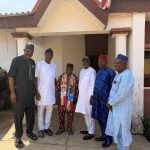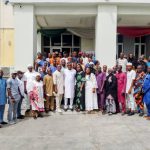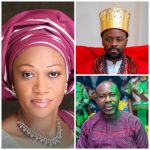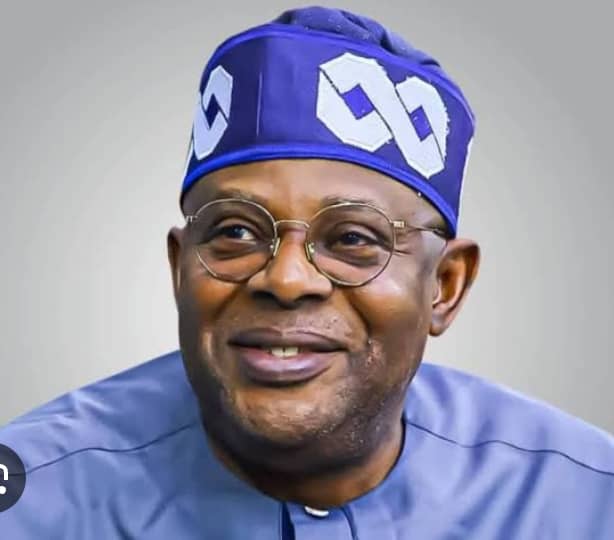Hon. James Abiodun Faleke: The Positive Possibility for A Pan-Kogi, Okun Centric Governorship
The upcoming 2027 gubernatorial election in Kogi State represents a moment of truth for the Okun people of Kogi West. After decades of marginalization and the traumatic near-miss of the 2015 election, the search for a consensus candidate who possesses both the political capital to win and the vision to govern the diverse state is paramount. That search invariably leads to Hon. James Abiodun Faleke, the current Chairman of the House of Representatives Committee on Finance.
Faleke’s candidacy is not merely another Okun bid; it is a convergence of historical mandate, national political clout, and organizational capacity, making him the single most credible positive possibility for an Okun-centric government that simultaneously serves a Pan-Kogi agenda.
The defining characteristic of Faleke’s aspiration is the lingering shadow of the 2015 election. Having run as the running mate to the late Prince Abubakar Audu on the platform of the All Progressives Congress (APC), the ticket was on the verge of victory when Audu tragically passed away.
Faleke was, for all intents and purposes, the Deputy Governor-elect and the man poised to assume the governorship in the immediate aftermath of the tragedy. His subsequent legal battle to claim the mandate, though unsuccessful, cemented his position in the minds of many as the rightful heir to the Okun dream and the victim of an extraordinary political circumstance.
For a significant portion of the Kogi electorate, particularly in the West and parts of the East (who supported the Audu/Faleke ticket), his candidacy carries the weight of an unpaid political debt. He is not seen as a new aspirant, but as a continuity figure whose opportunity was unjustly deferred, providing an emotional and moral anchor for his campaign.
The experience of 2015 demonstrated his resilience, constitutional awareness, and political fortitude—qualities essential for navigating the complex politics of Kogi State.
To move beyond the perennial charge of ethnic politics, a winning Okun candidate must be Pan-Kogi in outreach and substance. Faleke achieves this primarily through his deep and sustained involvement in federal politics.
As a long-serving member of the House of Representatives and a key figure in national APC politics, Faleke possesses a political network that transcends state boundaries. His current role as the Chairman of the powerful House Committee on Finance places him at the nexus of national revenue, allocation, and budgetary decision-making.
This federal clout is his primary asset for securing support from the Igala and Ebira zones. His argument can be framed as: “Elect me not because I am Okun, but because I am the best-connected candidate who can attract significant federal attention, projects, and investments to Lokoja, the East, and the Central regions, far surpassing what a locally-focused governor could achieve.”
Having served as the Chairman of Ojodu Local Council Development Area (LCDA) and played a prominent role in Lagos State politics, Faleke brings an understanding of cosmopolitan, multi-ethnic, and efficient governance models that can appeal to all urban centers in Kogi.
While Faleke’s strength lies in his Pan-Kogi appeal, his primary political imperative is to actualize the Okun quest for power. His victory would be the ultimate fulfillment of the Okun existential struggle.
His governorship would formally validate the rotational principle that has been persistently denied to the West, stabilizing inter-ethnic relations and lowering the political temperature in the state.
By being the first Okun governor, he would shatter the psychological barrier of exclusion, empowering the West to fully participate in the state’s leadership structure and resource distribution.
While Pan-Kogi in vision, it is expected that an Okun-centric administration would prioritize equitable infrastructural development, aiming to bridge the historical gap observed in the West, particularly in critical areas like road networks, education, and healthcare.
In the high-stakes battle for 2027, Faleke possesses crucial strategic assets required to take power, as opposed to waiting for it to be given.
– Ponle Adeniyi
ponleadeniyi457@gmail.com











